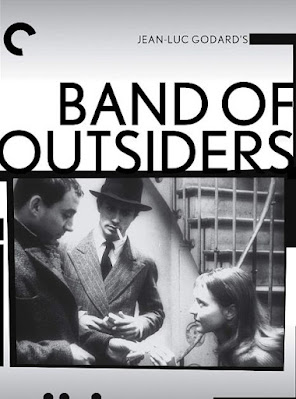The scarring memories of Partition – displacement of millions; the macabre violence, irreparable loss and profound rootlessness that accompanied it; the absurdity of an imaginary line on the map and barbed wires permanently dividing people; the ensuing politics of prejudice – were hauntingly referenced in Mammo. The first film in Benegal’s ‘Trilogy of Muslim Women’ – which also comprised of Sardari Begum and Mammo’s pequel Zubeidaa, and all written by Khalid Mohamed based on incidents from his life – provided a powerful repudiation of the recently enacted citizenship law – alongside the right-wing populism, jingoism and otherization that catalysed its formulation – through a Muslim woman who’d been compelled to move to Pakistan but craves to return, as much because of the oppression that she faced there as a childless and dispossessed widow, as because she considers India her home. Riyaz (Rajit Kapoor), a writer who lives with his aged grandmother Fayyazi (the brilliant Surekha Sikri), chronicles this story from 20 years back when, as a moody 13-year-old kid – who, like Antoine Doinel, loves skipping school to watch movies in theatres – finds his and his grandma’s lives turned upside-down by the unannounced arrival of “Mammo Nani”. A person of extraordinary verve, vitality and exuberance, despite the gut-wrenching experiences she carries; fearlessly frank and opinionated; as well-read in Faiz’s poetry and Manto’s short stories as in the Quran; devout, while also harbouring stirringly progressive views; and played with extraordinary warmth, vivaciousness and delicacy by Faridah Jalal, Mammo Begum is ready to subvert political systems to be with her sister and nephew in Bombay. Alas, she can’t escape the vicious cycle of life and the devastating trauma of being forcibly evicted for a second time!
Director: Shyam Benegal
Genre: Drama/Political Drama
Language: Hindi/Urdu
Country: India









































